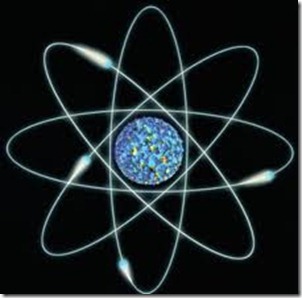Researchers at the University of Pittsburgh have made advances in better understanding correlated quantum matter by studying topological states in order to advance quantum computing, a method that harnesses the power of atoms and molecules for computational tasks.
Through his research, W. Vincent Liu and his team have been studying orbital degrees of freedom and nano-Kelvin cold atoms in optical lattices (a set of standing wave lasers) to better understand new quantum states of matter. From that research, a surprising topological semimetal has emerged.

Since the discovery of the quantum Hall effect by Klaus Van Klitzing in 1985, researchers like Liu have been particularly interested in studying topological states of matter, that is, properties of space unchanged under continuous deformations or distortions such as bending and stretching. The quantum Hall effect proved that when a magnetic field is applied perpendicular to the direction a current is flowing through a metal, a voltage is developed in the third perpendicular direction. Liu's work has yielded similar yet remarkably different results.
"We never expected a result like this based on previous studies," said Liu. "We were surprised to find that such a simple system could reveal itself as a new type of topological state -- an insulator that shares the same properties as a quantum Hall state in solid materials."
"This new quantum state is very reminiscent of quantum Hall edge states," said Liu. "It shares the same surface appearance, but the mechanism is entirely different: This Hall-like state is driven by interaction, not by an applied magnetic field."
Liu says this liquid matter could potentially lead toward topological quantum computers and new quantum devices for topological quantum telecommunication. Next, he and his team plan to measure quantities for a cold-atom system to check these predicted quantum-like properties.

No comments:
Post a Comment